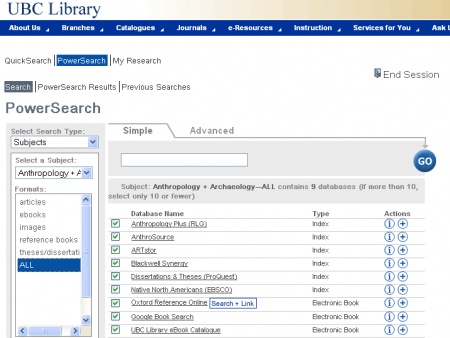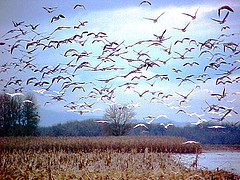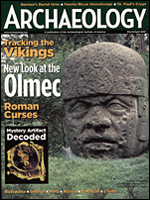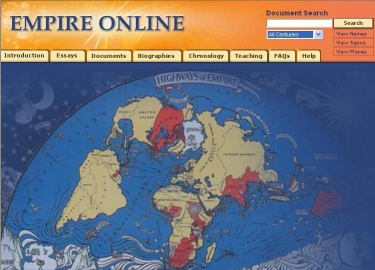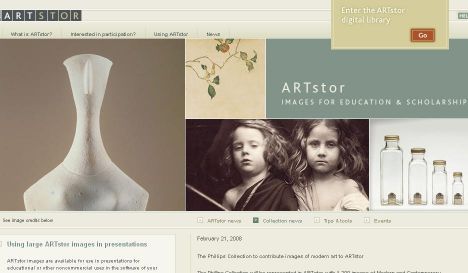
If you’re looking for high-resolution images to use in a (non-commercial) anthropology presentation or paper, you’ll want to check out ARTstor. ARTstor is a digital library of roughly 550,000 images in the areas of art, architecture, the humanities, and social science.
Here’s a brief sample of collections of interest to anthropologists:
Photographs of Mayan Excavations – Images from the Carnegie Institution of Washington
(from the Peabody Museum of Archaeology and Ethnology, Harvard University)
“The Carnegie Institution sponsored archaeological excavations of Mayan sites in Mexico and Central America from 1913 to 1957. Carnegie researchers embarked on annual expeditions to the Yucatan peninsula, from the lowlands of Peten to the highlands of Guatemala, conducting archaeological reconnaissance, excavation, and restoration at sites such as Uaxactun, Copán, Pedras Negras, Yaxchilan, Coba, Quiriguá, Tayasal, Kaminaljuyu, and Chichen Itza. Many of the buildings, monuments, and artifacts recorded in these photographs no longer exist, or are so physically damaged or inaccessible as to be unavailable to most researchers.”
Native American Art and Culture collection
(National Anthropological Archives at the Smithsonian Institution)
“This collection has two components. The first consists of more than 10,000 high res images made from historic photographs richly documenting Native American subjects. These digital images have been made from glass plate negatives collected by or produced under the auspices of the Smithsonian’s Bureau of American Ethnology (BAE) beginning in the late 19th century.
The second component of this collection consists of images of approximately 2,000 Plains Indian ledger drawings. Plains Indian ledger drawings, mostly produced in the middle to late decades of the 19th century, represent an important indigenous artistic tradition. These drawings on paper, often done on the pages of ruled ledger books acquired through trade, continue a long tradition of painting on buffalo hides and other available media.”
… And there’s so much more. Remember to truncate your search term (e.g. ceremon* or ritual*) in order to retrieve terms with variant endings. For more precise searches, search for a phrase in quotation marks (“…”), or use the Advanced Search feature to limit your searches by date or geography to locate a specific world culture.
You can access ARTstor from the information page here: http://toby.library.ubc.ca/resources/infopage.cfm?id=1076




